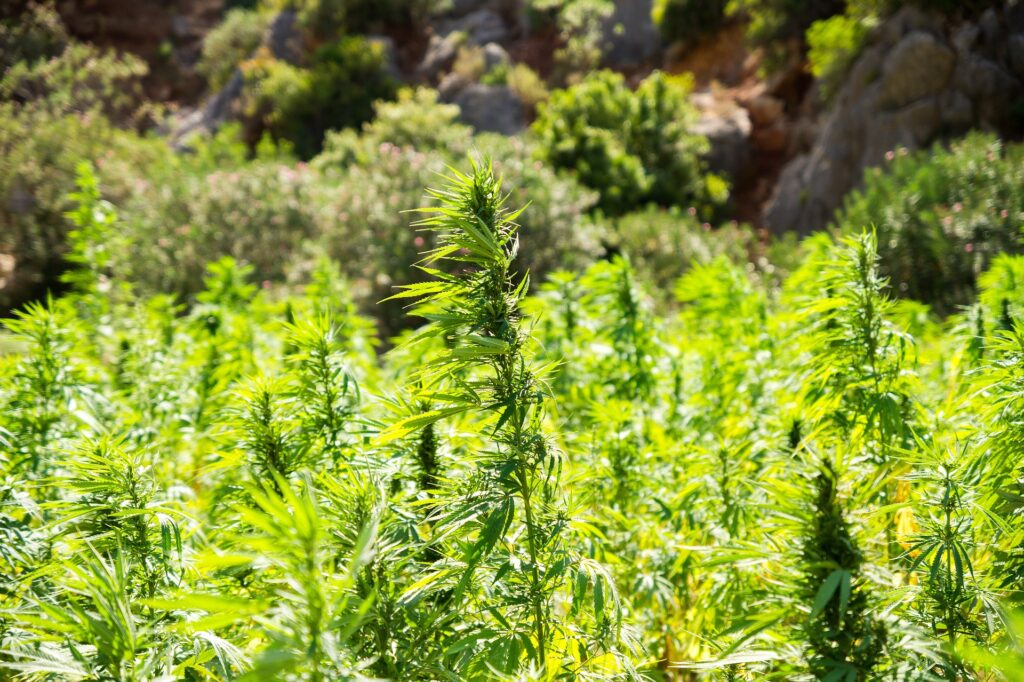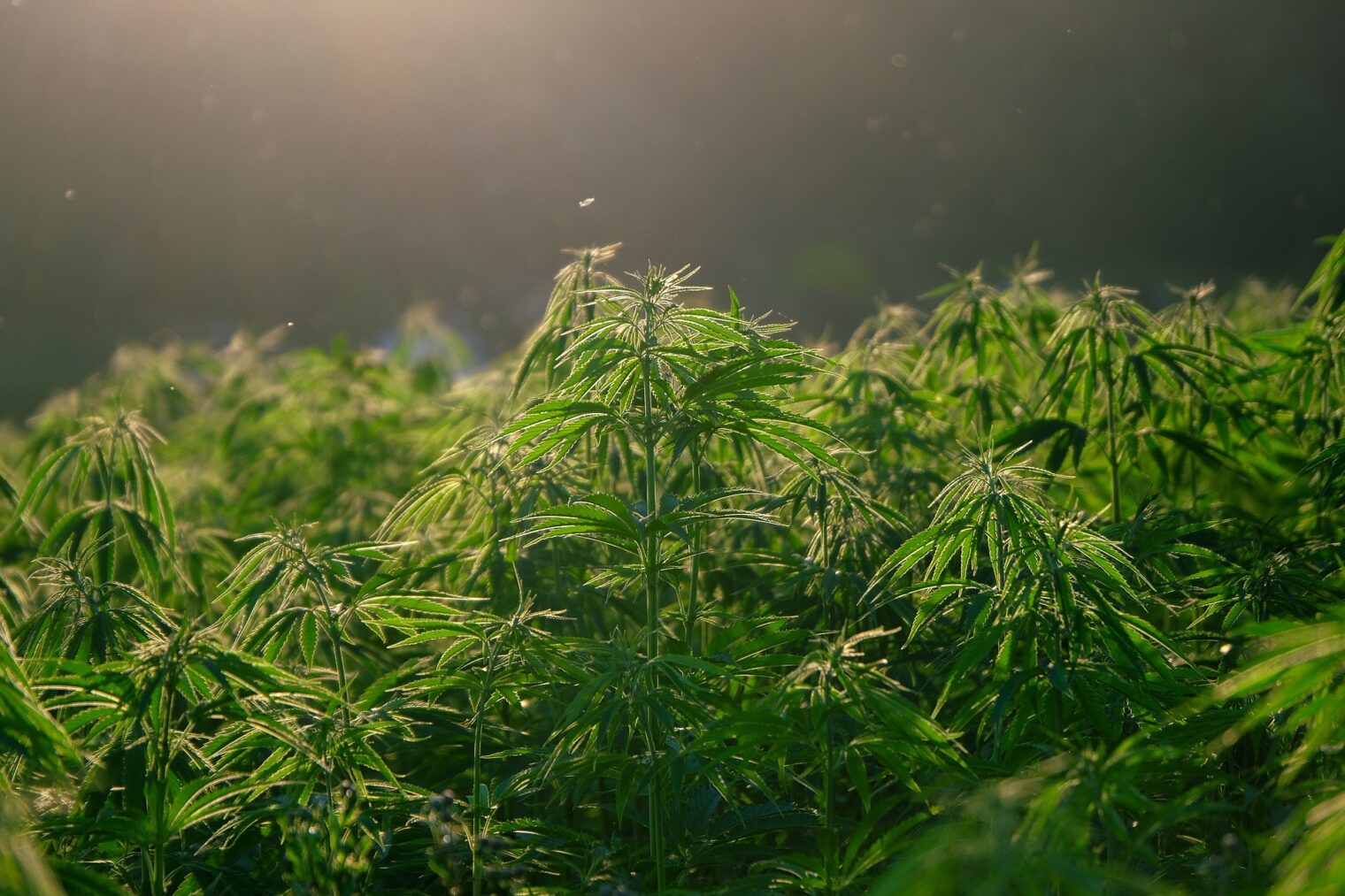10 Tips for Processing Hemp into Daily Products
Processing hemp into daily products is following a long line of traditions that go back thousands of years, The hemp plant, widely acclaimed for its versatility and sustainability, has been making significant strides across various industries. From textiles to food products, the potential of hemp offers a myriad of opportunities for entrepreneurs and enthusiasts alike.
However, processing hemp into daily products necessitates a nuanced approach and a wealth of knowledge. In this extensive guide, we will delve into ten indispensable tips to proficiently process hemp into a diverse array of everyday items, ensuring impeccable quality and efficiency at every stage ofprocessing hemp.
1. Grasp the Diversity of Hemp Varieties
Before embarking on the journey of hemp processing, it is imperative to comprehend the diverse range of hemp varieties available. Hemp strains exhibit variations in fiber content, seed yield, and cannabinoid composition. Depending on the desired end product, it is crucial to meticulously select a hemp variety that aligns with specific objectives, whether it entails fiber for textiles or seeds for oil extraction.
2. Strategic Harvesting Timing
Timing plays a pivotal role in the harvesting process of hemp destined for processing. In the case of fiber production, optimal harvest time falls when the plants are in full bloom but before seed set, ensuring the attainment of maximum fiber quality. Conversely, for those processing hemp for seeds or cannabinoids, patience is key, as waiting until the seeds reach full maturity guarantees the highest yield.
3. Employ Proper Drying Techniques
Following harvesting, employing proper drying techniques is paramount to thwart mold growth and preserve the integrity of hemp. It is imperative to evenly spread the harvested hemp in a well-ventilated area to facilitate the drying process. Aim for a moisture content of approximately 8-10% to achieve optimal processing outcomes.
4. Meticulous Decortication Process
Decortication, the process of segregating hemp fibers from the woody core (hurd) and other plant materials, necessitates meticulous attention to detail. Investing in high-quality decortication equipment is imperative to efficiently extract long, robust fibers suitable for textiles, paper, and composite materials.
5. Thorough Seed Cleaning and Dehulling
For those engaged in processing hemp seed, undertaking thorough cleaning and dehulling procedures is indispensable to ensure product purity. Prior to dehulling, it is imperative to eliminate any debris and impurities from the seeds, thereby yielding clean, market-ready hemp hearts.
6. Optimal Extraction Methods for Cannabinoids
In instances where hemp processing revolves around cannabinoids such as CBD, selecting the appropriate extraction method is paramount, contingent upon the scale of production and desired purity levels. Common extraction techniques encompass solvent extraction, CO2 extraction, and ethanol extraction, each boasting distinct advantages and considerations.
7. Enforce Stringent Quality Control Measures
The implementation of stringent quality control measures throughout the processing chain is imperative to uphold consistency and product integrity. Regular testing for potency, purity, and contaminants serves as a cornerstone for compliance with regulatory standards and ensuring customer satisfaction.
8. Exploit Value-Added Products
Venturing beyond traditional hemp products opens avenues for innovation and expansion. Exploiting value-added products, such as hemp-derived textiles, biofuels, building materials, and nutritional supplements, fosters diversification of the product line, thereby tapping into new markets and revenue streams with processing hemp.
9. Embrace Sustainable Practices
Incorporating sustainable practices throughout the hemp processing journey is indispensable, from cultivation to packaging. Opting for organic farming methods, minimizing waste generation, and prioritizing eco-friendly packaging options resonate with environmentally conscious consumers, fostering brand loyalty and goodwill.
10. Stay Informed and Adapt
The landscape of the hemp industry is dynamic, characterized by evolving regulations and consumer trends. Staying abreast of the latest developments, innovations, and market demands is imperative for sustained success. Remaining adaptable and prepared to pivot processing hemp strategies ensures relevance and competitiveness in the burgeoning hemp market.

Harnessing Hemp’s Environmental Benefits
Beyond its versatility as a raw material, hemp boasts remarkable environmental benefits that further highlight its appeal as a sustainable crop. Incorporating and processing hemp into daily product processing not only offers economic opportunities but also contributes to environmental conservation in several ways.
Carbon Sequestration
Hemp plants are renowned for their rapid growth and high carbon dioxide (CO2) absorption rates during photosynthesis. Through this process, hemp actively captures CO2 from the atmosphere, effectively sequestering carbon. Compared to traditional crops like cotton, which require extensive chemical inputs and contribute to deforestation, hemp cultivation can significantly reduce carbon emissions and mitigate climate change.
Soil Regeneration
Hemp cultivation can improve soil health and fertility through a process known as phytoremediation. Hemp’s deep root system helps to break up compacted soil, facilitating better water infiltration and nutrient absorption. Additionally, hemp plants have the ability to extract heavy metals and toxins from the soil, detoxifying contaminated land and promoting soil regeneration. As a result, hemp cultivation can revitalize degraded farmland, reducing the need for chemical fertilizers and pesticides.
Reduced Water Consumption
Compared to water-intensive crops like cotton, hemp requires minimal irrigation to thrive. Hemp plants are naturally drought-resistant and can adapt to a variety of climates, making them ideal for cultivation in regions prone to water scarcity. By choosing hemp-derived materials over conventional alternatives, industries can significantly reduce their water footprint, conserving precious freshwater resources and promoting sustainable water management practices when processing hemp.
Biodiversity Conservation
Hemp cultivation supports biodiversity by providing habitat and food sources for various pollinators and wildlife species. Unlike monoculture crops that contribute to habitat loss and pesticide-driven declines in biodiversity, hemp fields can serve as ecological corridors, promoting insect pollination and supporting local ecosystems. By incorporating hemp into agricultural landscapes, farmers can create more resilient and biodiverse ecosystems, fostering a healthier balance between agriculture and nature.
Processing Hemp in 2024
As we strive to address pressing environmental challenges such as climate change, soil degradation, and biodiversity loss, the role of hemp in promoting sustainability cannot be overstated. By harnessing hemp’s environmental benefits in daily product processing, we can pave the way towards a more regenerative and ecologically sound future.
From carbon sequestration and soil regeneration to reduced water consumption and biodiversity conservation, hemp offers a holistic solution to the complex environmental issues we face today. By embracing hemp as a sustainable alternative, we can not only meet our economic needs but also safeguard the health of our planet for future generations.
Processing hemp into daily products necessitates a harmonious blend of expertise, innovation, and unwavering commitment to quality. By meticulously adhering to the ten comprehensive tips delineated in this guide, one can streamline hemp processing operations and unlock the full potential of this extraordinary plant. Whether you are a seasoned industry professional or a novice venturing into the realm of hemp processing, harnessing these insights will set you on a trajectory towards resounding success in the burgeoning hemp market.


